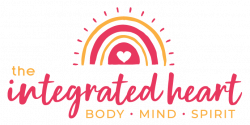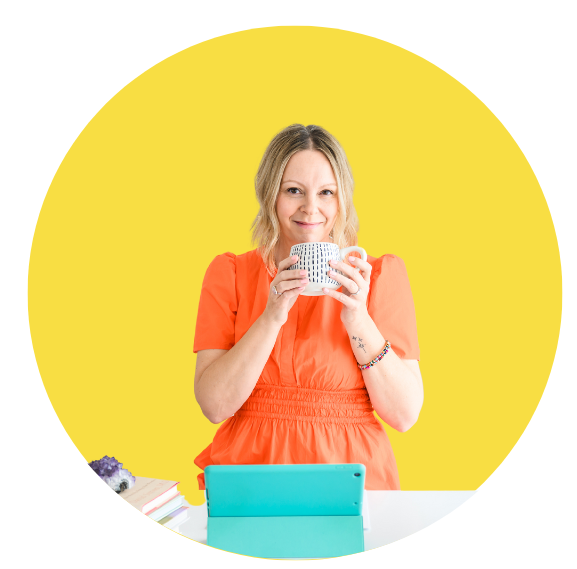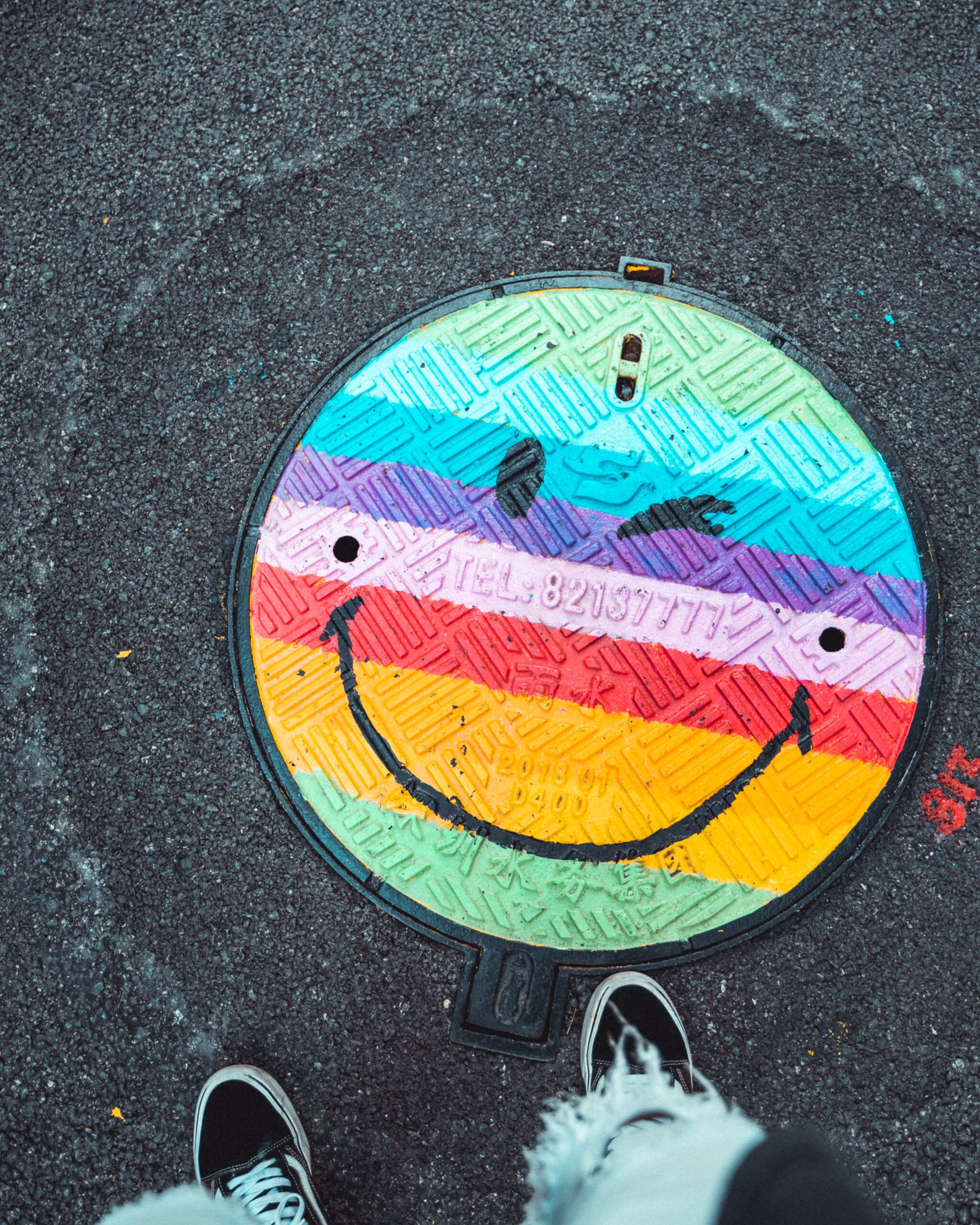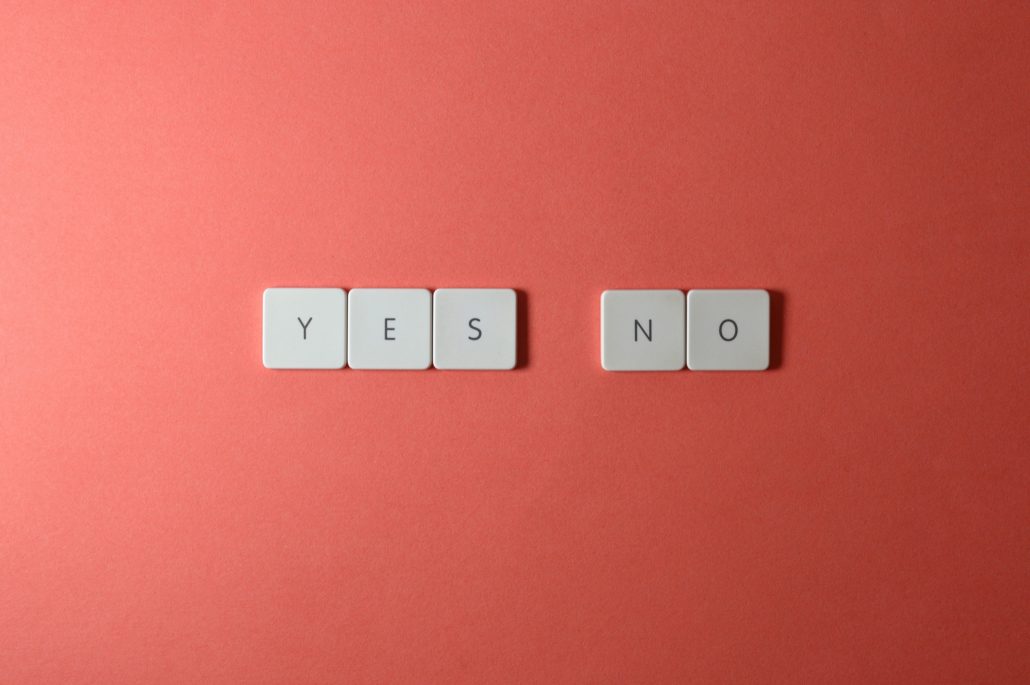As a professional working mom, I’m faced with making multiple decisions a day, both big and small. As a new solopreneur, the number of daily decisions have been dialed up this past year. Launching in early 2022 as a Well-being Life Coach, I’m also still working part-time as a college instructor, raising a teen, am mostly in charge of any house related needs, and carry much of the emotional load in the family.
And as I’m sure other working moms can attest, just the food choices you make every day alone highlights the endless decision making… ensuring family members have access to a nutritious breakfast, the grocery shopping has been done so you can pack a healthy lunch for the kids, and onto dinner meal planning that will mostly accommodate everyone’s preferences. The decisions are plentiful, and that’s just around food.
By the end of our full days, we experience decision fatigue because of all the mental power we’ve used throughout our day making a plethora of decisions. Maybe this explains Friday pizza nights vs fresh home-made meal nights at the end of a week. Yet we know the quality of our decisions determines the quality of our lives, so exploring decision making, or lack thereof, is an important area of our well-being.
With seemingly little time and many demands, one of the most important decisions we must regularly make is some form of “what is the best thing for me right now?”. Knowing that if we are not taking care of ourselves, we can’t take care of anyone or anything the way we would want to. Yet, there are times in life, particularly during life transitions that the decisions seem to be coming faster and more frequently at us.
For me, setting up my well-being coaching business presented me with a fresh set of choices I had never had to consider before. It was like having a new baby in the house and there were so many decisions required after giving birth to her. There were some that necessitated that I seek advice – like which website builder, domain, and hosting service to use – and others that required me to make a choice.
- Instagram or Facebook?
- Stay with MailChimp or change to ConvertKit?
- Which business card design should I use?
- To blog or not to blog?
There were so many questions that I started noticing a trend: lots of questions with no final answers. My business coach noticed this too. She called them “open loops”. These questions would pop up in my mind like those little 25 cent rubber balls I can never seem to catch when they bounce. The questions often required an either/or decision, but instead of making one, the options bounced around in mind while I kept “thinking” about them.
THE PROBLEM WITH OPEN LOOPS
These “open” loop questions presented a need for a decision to be made. Yet, instead of deciding, the questions multiplied… one decision would then lead me to another decision point, creating another open loop. It seemed I could take one question, and from that one, create 5 more open loop decisions.
Instagram or Facebook? –> Who is my target audience? –> Should I also be active on LinkedIn? –> How much time should I spend on social media? –> What days of the week could I dedicate to social media?
And so on…the open loops multiplied. Possibilities are wonderful, yet when there are too many open loops we can feel confused, scattered and ungrounded (like me IRL trying to catch a purple colored bouncy ball). The decisions remained in the “thinking about” stage, instead of the end phase of Just. Make. The. Decision.
If we are not aware of it, all the possibilities can prevent us from closing the loops and experiencing the satisfaction of moving forward.
For the person who sees all the pros and cons and can get stuck in a loop (me) and may sometimes think there is a “right” and “wrong” decision (me) and they really don’t want to make a wrong decision (I’m raising my hand here!), how might a busy working mom make a decision and close the loop? I was reminded of the power of intuition and how it can offer clarity on the overwhelming and chaotic thoughts bouncing around in the brain.
Author Clarissa Pinkola Estés wrote that intuition is “the direct messenger of the soul” which explains why intuition provides answers that are tailor made just for us. Tapping into our intention means we are harnessing the wisdom inside of us and connecting with our inner knowing. We may find there is no one “correct” solution, rather one that feels right. And a decision made feels much better than one that remains open.
It can be helpful just to notice our tendency to open loops without closing them. Pausing to wander down bouncy ball lane and bring mindful awareness to how it feels to be scattered and confused can be a worthwhile experience. The awareness allows us to label our emotions and feel them in our body, and that could very well lead to closing the loop. This awareness is like a sixth sense, and you may be familiar with it through the phrase of “trusting your gut”.
TAKING A SIP
Closing the loop reminds me of a story from my meditation teacher.
There once was a high-level music executive who would use tea to make major decisions (aka, close the loop). When faced with two options, he would sit quietly in stillness and reflect on the first option. Then he would take a drink of tea and notice how it felt in his body. His quiet stillness allowed him to notice the effect of the sip. He was present with all the sensations associated with the liquid gliding down his throat and how it felt settling in his stomach. Then he would consider the second option and repeat the same action – sip the tea and notice the sensations it created in his body. Based on his experience, the smoother, more easeful sip of tea represented the best decision or right action for him to make.
This story illustrates that decisions don’t have to be made only in the mind. We can also turn to the power of our bodies to help us out. Following intuition is something that industry leaders who have created a powerful impact on the world have used. Steve Jobs allowed his intuition to guide him as he produced cutting edge technology. Albert Einstein emphasized the importance of intuition in developing the theory of relativity. Oprah credits her success to listening to her intuition. Jonas Salk tapped into his intuition to discover and develop the polio vaccine. Paul McCartney followed intuition and created some of the world’s most memorable songs like “Yesterday”.
THE POWER OF MINDFUL AWARENESS
Intuition is attuning to the experience of our mind-body connection. Since this connection is a personalized form of feedback (that no one else can give you), it can help you make decisions. Developing mindful awareness practices can help you tune into your intuition.
Most people go through their day with their minds and body disconnected. Sometimes they are so out of alignment, it is like they are in different time zones! No wonder we tend to think that all decisions are made in our mind, since we spend so much time in ours. Fortunately, it is possible for you to expand your inner awareness.
Intuition is when you make successful decisions without analytical thought. It is something you experience when you have a hunch or make a gut-based decision. Plus, the gut is more accurate than the mind because it hasn’t learned self-doubt. Drawing on information from your body to make a decision is a skill that can be developed and strengthened. If you have ever found yourself saying, “I knew it all along!” or “I knew that wasn’t going to work!”, that is proof of your intuition.
One of the outcomes of cultivating mindful awareness is that it helps you bridge the two together allowing your body and mind to communicate, thus creating the ability to recognize and tune into your intuition. This can make listening and following your intuition much easier, plus a mindful awareness practice also reduces your stress. Download my free tool here to strengthen your mindful awareness.
We know from research, and from first-hand experience, that the mind influences the body, and the body influences the mind. Uniting the two together allows us to be more aware of our everyday experiences in this world that is so full of external events and pocket devices. All the outer influences capture our attention at the expense of noticing what’s going on inside our bodies, our emotions, our feelings, and our bouncy thoughts. Yet the clarity, the wisdom, the answers are found within us. The mathematician and physicist Henri Poincaré said that “it is through science that we prove but through intuition that we discover.” Practically speaking, in the case of decisions, your inner awareness can help you close the loops.
CLOSING THE LOOP
To tap into the wisdom of your body and practice harnessing your intuition, grab a cup of tea or a glass of water and experiment with your intuition.
Begin with considering a decision you must make. Keep it simple and start with a decision that doesn’t rate high on an emotion scale. It could be something like deciding if you would get a faster response by either calling or emailing your colleague. Or deciding which project to tackle first. I’ve used this technique to discern if I would feel more energized by a night out with my friends or staying in and get cozy with a book (it was staying in for me).
Here are the steps to flow through with a decision and your beverage in hand:
- Sit quietly in stillness
- Take 3 long, deep, slow breaths
- Reflect on each option separately and take a sip after each one
- Be curious after each sip and notice how it feels in your body
- Listen to your body. Was one sip smoother than the other?
- Honor the message received if one emerged
- Take action to close the loop
Be gentle with yourself using this technique to make decisions, especially if you are not accustomed to the practice of mindful awareness. It’s subtle and although it is not guaranteed to solve all life decisions, I encourage you to give it a try. It is helpful to be playful and lighthearted with this and keep the stakes low. Start with small questions – oatmeal or yogurt for breakfast? – then advance up the importance ladder of decisions if you’d like.
You can also learn from your intuition by the decisions you made that didn’t go well by reflecting if there were any signals that you discounted prior to making a choice. When you think about decisions that didn’t work out well (say going out for a night on the town when what you were really yearning for was a quiet night at home), you may find that clues were there all along. Learning from those experiences are valuable as well and can teach you to honor your intuition in the future.
The skill of mindful awareness can be improved, and you can continue to strengthen the muscle of your intuition. And as both grow, you will find clarity and ease in making decisions.
For now, I’d love for you to join me in taking a sip (actually 2 sips) the next time you want to close the loop on a decision. I’d love to hear what you discovered.







